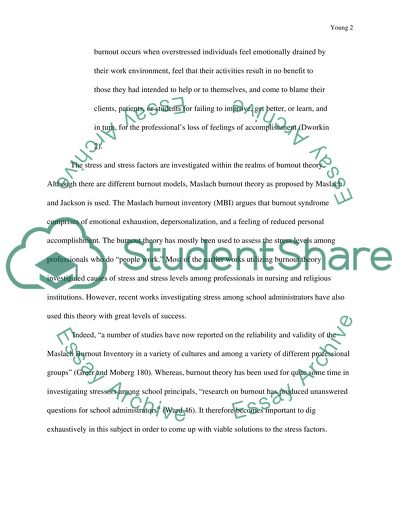Cite this document
(“Stressors and Stress Management Mechanisms among First-Year School Dissertation”, n.d.)
Retrieved from https://studentshare.org/education/1394184-stressors-and-stress-management-mechanisms-among
Retrieved from https://studentshare.org/education/1394184-stressors-and-stress-management-mechanisms-among
(Stressors and Stress Management Mechanisms Among First-Year School Dissertation)
https://studentshare.org/education/1394184-stressors-and-stress-management-mechanisms-among.
https://studentshare.org/education/1394184-stressors-and-stress-management-mechanisms-among.
“Stressors and Stress Management Mechanisms Among First-Year School Dissertation”, n.d. https://studentshare.org/education/1394184-stressors-and-stress-management-mechanisms-among.


